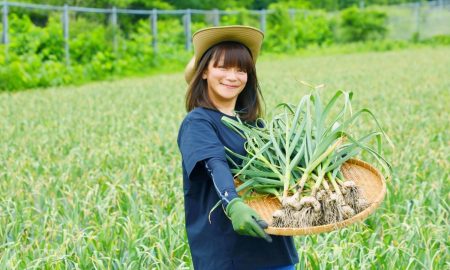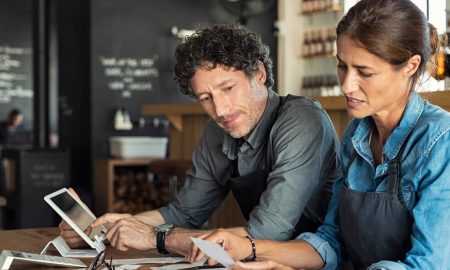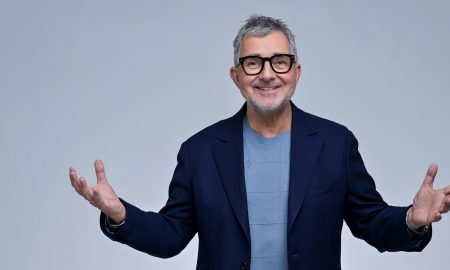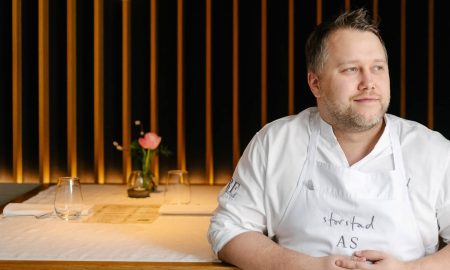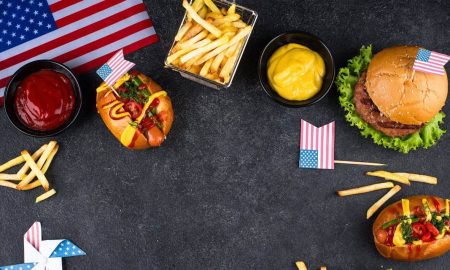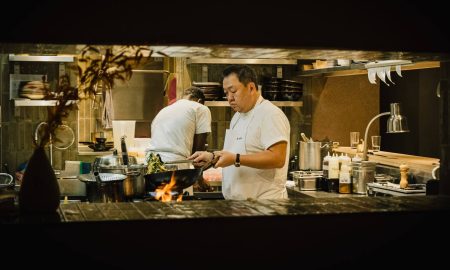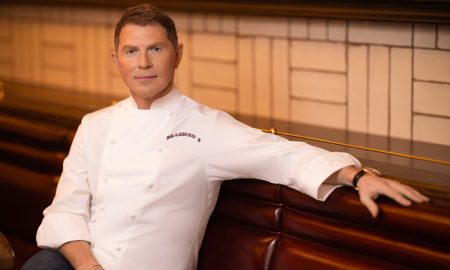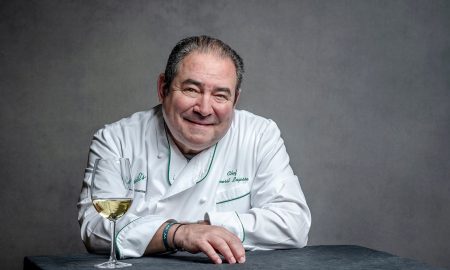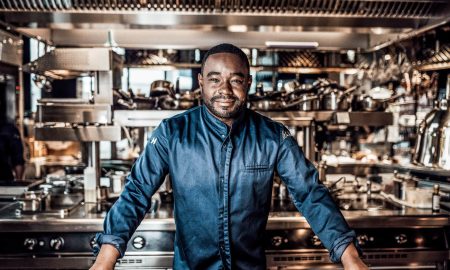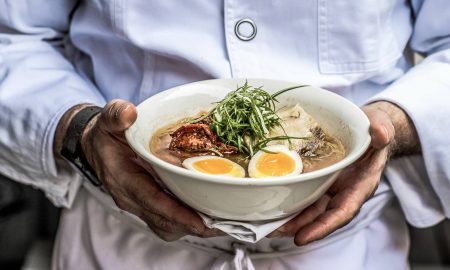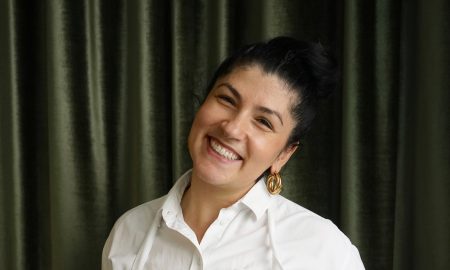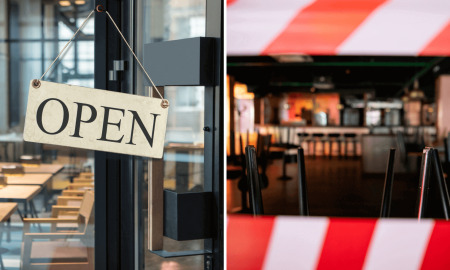In a small town in the Swabian Alps in Germany in the 1950s, there lived a man who was regarded as a lone wolf. Why? Because he looked into the future and foresaw many things. Johannes Tress took the courageous step of converting the family farm in line with the Demeter guidelines, which were little known at the time. A consequence? Extremely strict guidelines for organic farming and processing of organic products. But Johannes Tress was convinced that this was the only way to ensure the best quality of the products and protect the environment at the same time.
We now know that he was right. Swimming against the current and promoting agriculture without chemicals was a rebellious act at the time. But Johannes followed his path, sowing the seeds for the TressBrüder business that was to be carried on by his four grandchildren decades later.
His pioneering spirit gave rise to a number of ideas for the future within the family. “My grandfather endured more than being laughed at for his ideas. Nevertheless, he followed his own path. He stayed true to himself and that was the most important thing,” recalls one of his grandchildren, Simon Tress. Always following your own beliefs and doing things that may seem radical to some – this is a motto that is still paramount in the Tress family today.
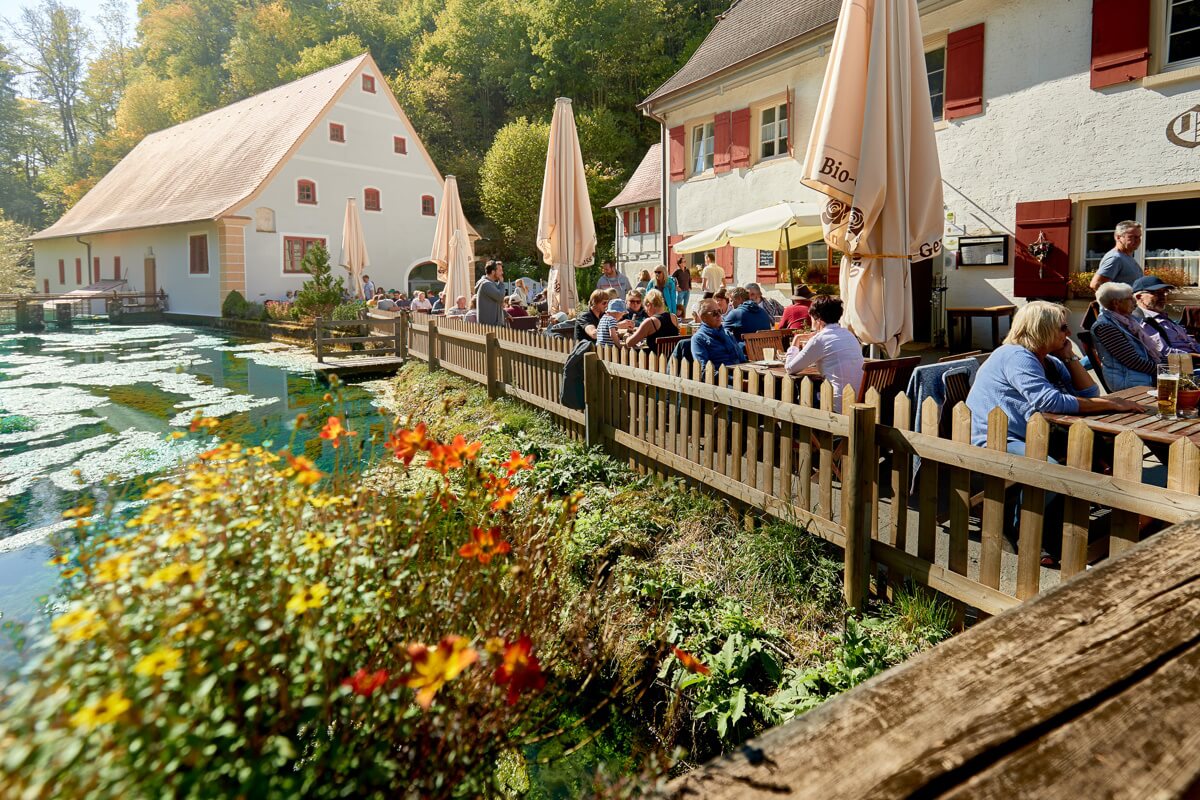
Image: TressBrüder
Tress products with history
Johannes Tress’ son (also called Johannes) and his wife Inge were focusing on sustainable cuisine and vegetarian wholefoods as early as the 1980s. Soft drinks disappeared from the menu and the Gasthaus zur Rose, the family restaurant in Baden-Württemberg, became a pioneer of organic gastronomy as the organic restaurant ROSE. This unwavering belief in sustainability had a deep impact on the couple’s four sons, Daniel, Simon, Christian and Dominik. After the death of their father Johannes in 2008, the “TressBrüder”, as the four brothers now call themselves, took over the family business together with their wives and mother Inge. And they expanded it into something that can only be described as an organic empire and pioneer for organic gastronomy.
In addition to the Organic Fine Dining Restaurant 1950 and the ROSE, this organic empire includes two other organic restaurants, an organic hotel, an organic culinary school, two event locations and its own connoisseur factory, where TressBrüder products are manufactured and sold throughout Germany. Each family member has their own task in the company: Daniel, the eldest, is responsible for the events and the service side in the restaurants and the hotel. Simon is responsible for the cooking side, Christian is the “finance minister” of the family and Dominik is responsible for the production plants, the retail sales of the products and marketing.
TressBrüder online shop
From vegan butter chicken, to TressBrüder tomato soup or goulash to vegan organic bowls – the portfolio of TressBrüder products is diverse, as a look at the website shows. Crafted to the highest quality and with the finishing touches of a Michelin star chef, the products are produced without flavorings, additives or flavor enhancers for everyday private use at home. Some are even already sold through retail. Anyone who wants to buy the TressBrüder organic products directly online will have to wait a little longer, as the online shop is currently under construction.
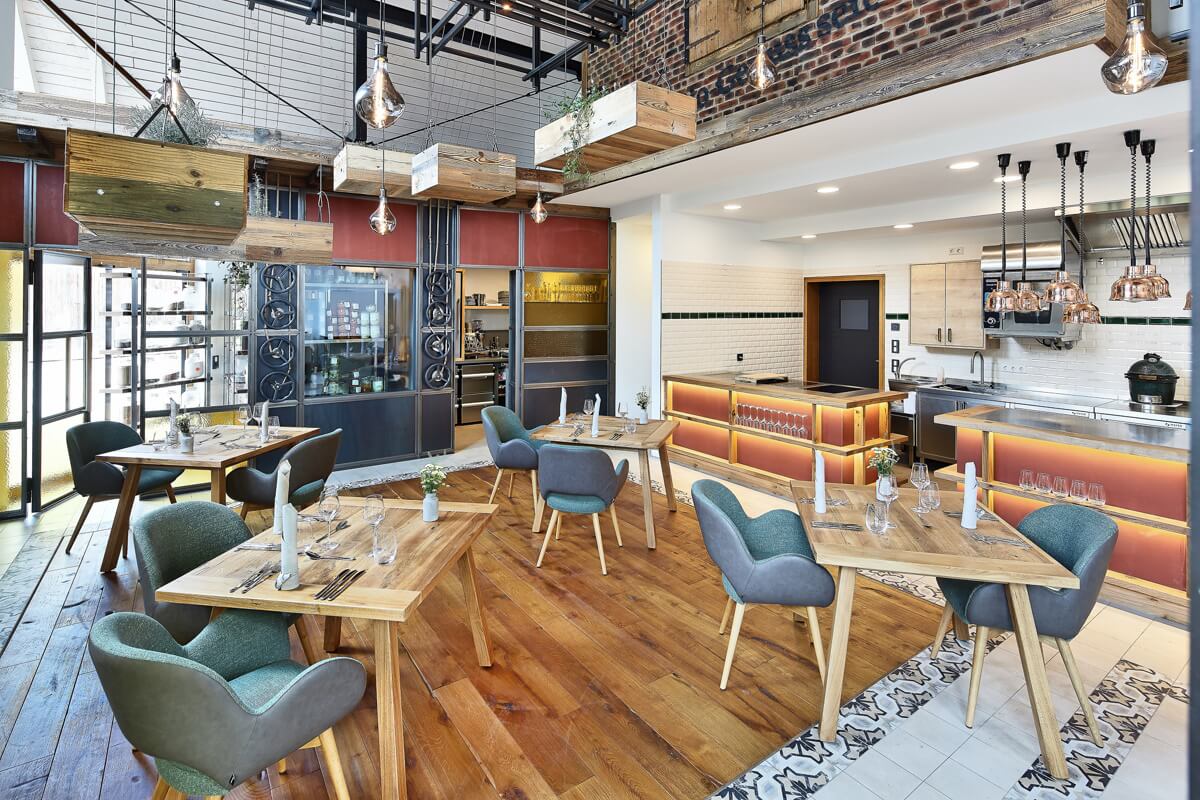
Image: TressBrüder
1950 – the first and only Michelin star restaurant with 100% organic cuisine
“We brothers critically question every new concept, because in the end, each of us has to deal with the consequences if something doesn’t work out,” says Simon Tress. Nevertheless, his grandfather’s pioneering work is being continued constantly. “After all, someone has to do, right?” smiles the second-oldest son; the one at the helm of the fine dining restaurant 1950 since 2020. In 2024, it became the first and only restaurant with 100% organic cuisine to receive a Michelin star. A coveted Michelin Guide green star, which honors particularly sustainable businesses, was won not only by the restaurant 1950, but also by the original restaurant ROSE.
The secret recipe of Simon Tress ‘ cuisine: Nature makes the plate. All ingredients come from within a maximum radius of 25 kilometers – with the exception of salt. However, this uncompromising regional focus is also being implemented in all other projects bearing the TressBrüder image. The common thread is always organic quality, even if regular availability is sometimes tricky. “But that’s exactly what makes it exciting,” says Michelin star chef Simon Tress with excitement. “We let nature dictate our menus, not the other way around. As a chef, you have to be able to deal with this and, if something isn’t available at that moment, it’s simply not available. You just have to think more – but this is where some places fail.”
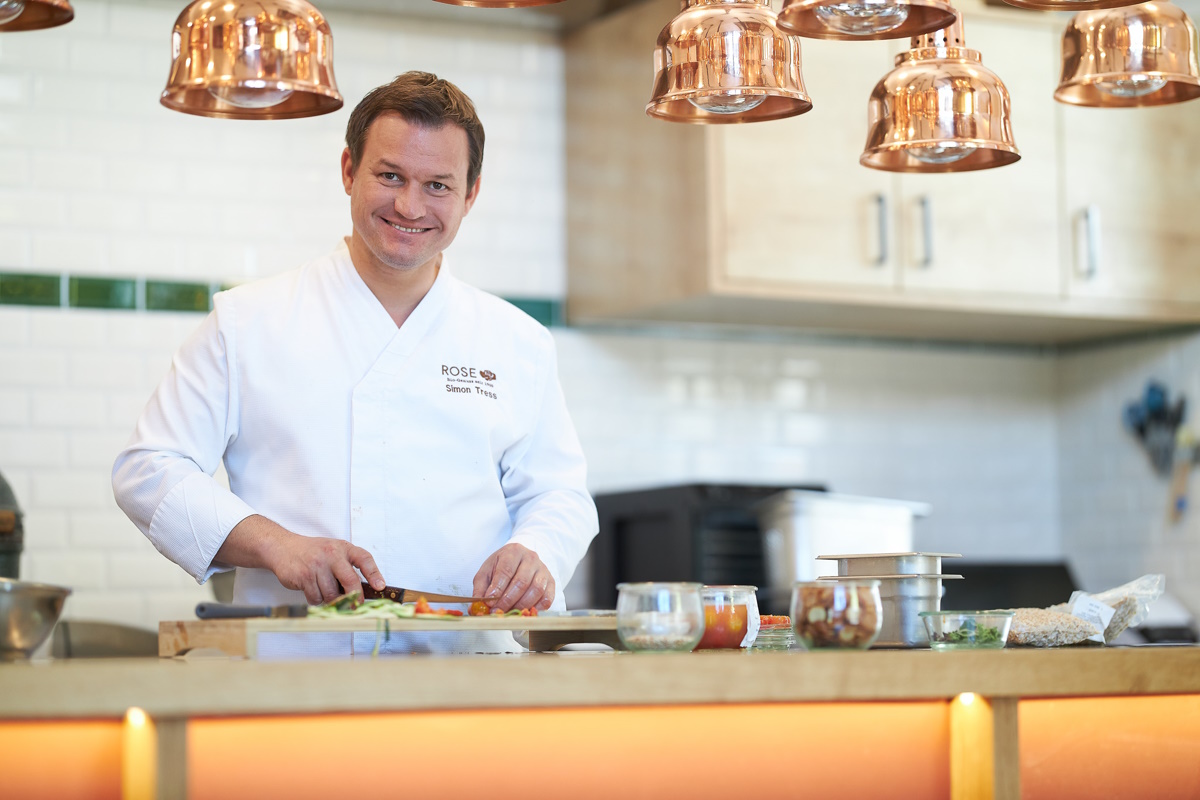
Image: TressBrüder
Simon Tress – Germany’s most sustainable organic Michelin star chef
So Simon Tress can confidently call himself Germany’s most sustainable organic Michelin star chef. He is also the official connoisseur ambassador in the state of Baden-Württemberg and author of a cookbook. Further, he was part of the expert jury of the Sodexo Sustainable Chef Challenge, which promotes sustainability in the gastronomy industry. For him, the Michelin award clearly underlines that consistent sustainability and culinary enjoyment can go hand in hand. Of course, the question is: Why isn’t everyone doing it? “You really have to want it, that’s where it starts. If you didn’t work with organic products before, you lose a certain margin, that’s no secret,” explains the top chef. It’s simply a matter of conviction. “As with everything in life, you have to be convinced that this is exactly the right way to go. We can only achieve climate targets if we change accordingly.”
Best example: The 1950 has a five-course vegetarian menu, with meat included only on request. “In ten years, this concept will be normal,” predicts Simon Tress. “We need plant-based nutrition for the future, there’s no other way. But it doesn’t need to be a radical sacrifice. I’m against that, because being dogmatic is not my thing. If you see meat as a side dish, you start to view it differently.” The concept has been used successfully for two years in the organic restaurant ROSE, and for almost four years in the organic fine dining restaurant 1950. The reaction from the majority of guests is very positive. “But you can never reach everyone, and it’s important to focus on those who really want to try it,” says the Michelin star chef. The range of ready meals introduced in 2020 also includes vegan protein bowls, curries and soups, freshly prepared by Simon Tress and his team.
Pioneer for organic gastronomy – the new TressBrüder concept
“If something is organic, you simply taste it,” the newly-crowned Michelin star chef is certain. To prove this, the Tress original restaurant has a new gastronomic concept. Under the motto “Experience biodiversity”, guests at ROSE can choose and combine small dishes from the menu as they wish. Tapas meets homemade food. With this approach, Simon Tress and his brothers have responded to the changing eating behavior of their guests in particular: “People are once again placing more importance on celebrating good food as a shared experience,” Simon explains. “That’s what we focused on. Lots of small highlights that you can share with the whole table. This is how a sense of togetherness is created.”
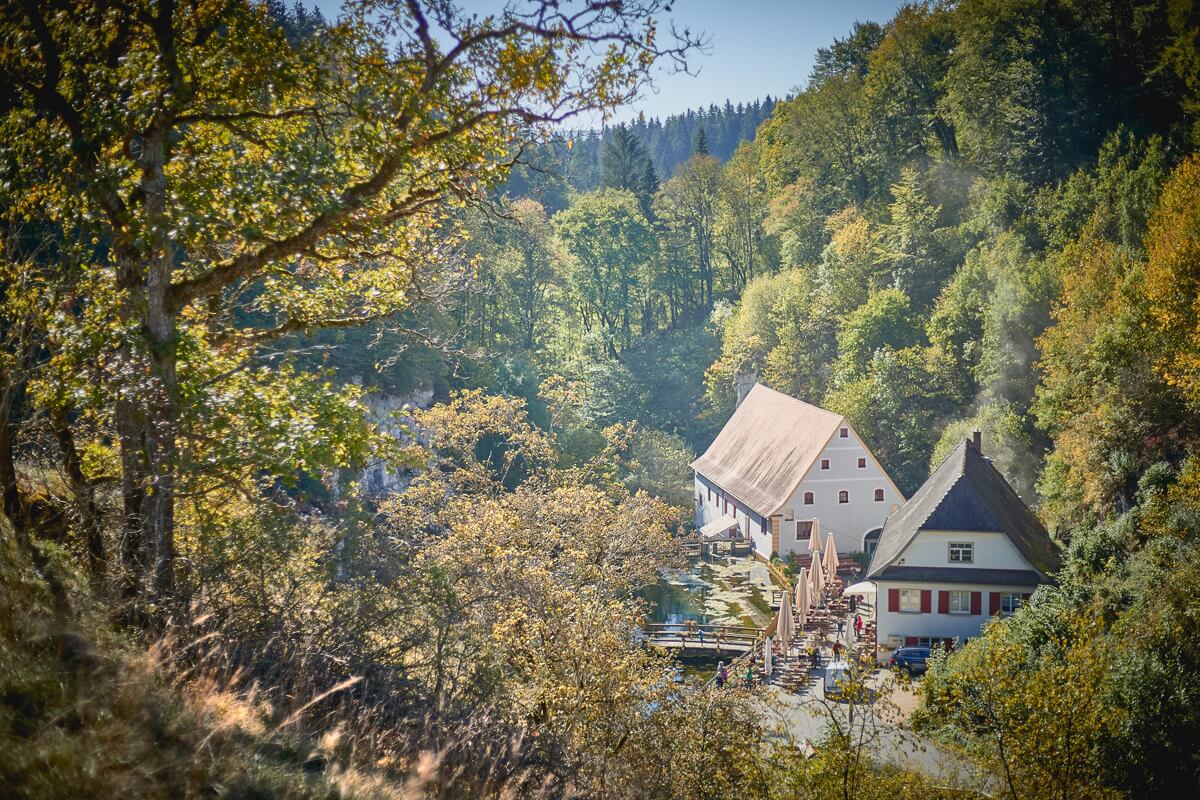
Image: TressBrüder
Going organic
The entire Tress family agrees that people have to realize that they are doing themselves a big favor by switching to organic food. “When people reach the age of 60 and suffer from common illnesses such as rheumatoid arthritis, diabetes or joint pain, they can’t put it down to hard physical labor, because this hardly exists anymore. You are what you eat – that’s true,” says Simon Tress, advocating for organic goods. “I find it impossible to believe that eating a mass farmed fattening sow pumped full of antibiotics is doing me good.” But preaching to people is not his thing. He prefers to focus on education through enjoyment. Just like in the Michelin star restaurant 1950: Each of the five courses served there tells a story of the region and its producers, which is designed to give guests not only taste experiences, but also a deep understanding of the origin of the ingredients. “Many of us have to completely relearn what good taste is. A ‘real’ carrot, as it should be, has a completely different taste than supermarket carrots.”
Visions of the future
What else is happening in the organic empire? A vegetable laboratory is being built at 1950. “We want to get even more out of the products through research and culinary experimentation. Vegetables can be stripped down in so many different ways, and even the smallest leftovers can be used to make skin cream, for example,” says chef Simon Tress. On the mission to show even more appreciation for the product, you therefore leave the culinary world and make a detour to the cosmetics shelf. The history of TressBrüder is an example of how visionary thinking and a deep connection to nature is not a trend phenomenon, but also bears fruit in the long term. Courage is probably the important ingredient needed to achieve the goal without compromise. But that runs in the blood of the four brothers anyway.



